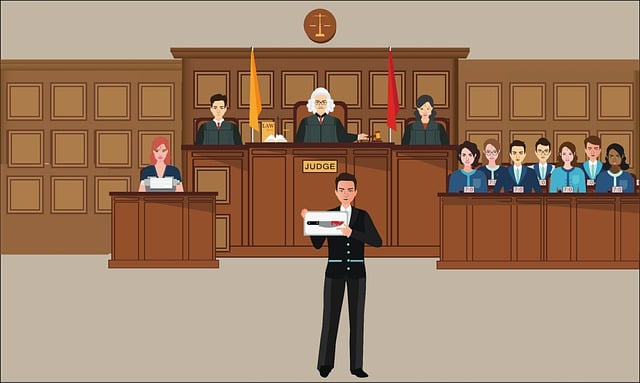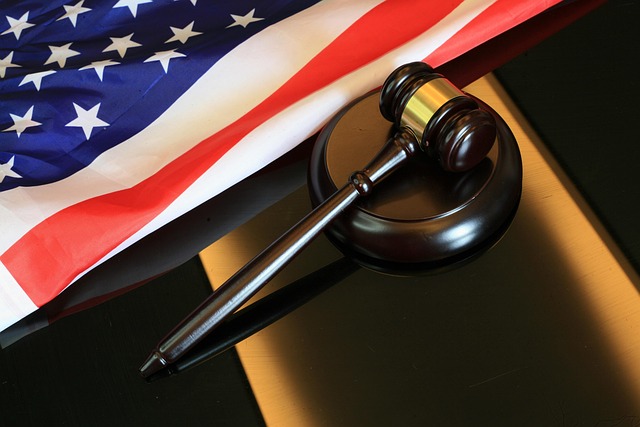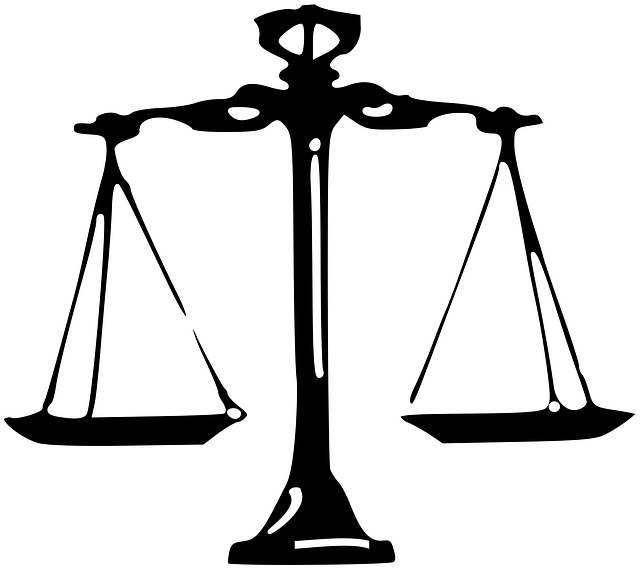Understanding the Steps in Criminal Procedure Litigation is vital for healthcare legal issues, ensuring fairness and due process from investigation to resolution. This involves arrest/indictment, pretrial proceedings, evidence rules, and ethical conduct, protecting both accused rights and societal interests. In healthcare disputes, patient rights and informed consent are paramount, with proper documentation crucial for successful outcomes. Medical malpractice cases follow a similar process, requiring "clear and convincing" proof of harm caused by healthcare providers. Balancing patient confidentiality and legal disclosure is a significant challenge, with strict confidentiality essential to avoid legal entanglements. Skilled legal strategists navigate these steps to achieve successful outcomes without indictment, focusing on preventing future errors.
In the intricate landscape of healthcare, legal issues are a vital consideration. This article delves into critical aspects of healthcare law, guiding you through essential components of criminal procedure litigation. From understanding the basics of patient rights and consent to navigating medical malpractice claims, each section offers valuable insights. Explore ethical dilemmas surrounding doctor-patient confidentiality and learn about legal remedies for healthcare errors, ensuring a comprehensive grasp of this complex topic. Discover the steps in criminal procedure litigation and equip yourself with knowledge to navigate healthcare’s legal challenges effectively.
- Understanding Criminal Procedure Litigation Basics
- Patient Rights and Consent in Legal Disputes
- Medical Malpractice: Establishing Liability
- Ethical Dilemmas: Doctor-Patient Confidentiality
- Navigating Legal Remedies for Healthcare Errors
Understanding Criminal Procedure Litigation Basics

Understanding the basics of criminal procedure litigation is paramount for anyone delving into healthcare legal issues. This involves a structured series of steps designed to ensure fairness and due process, from the initial investigation through to resolution. The process begins with an arrest or indictment, followed by pretrial proceedings where defendants face charges, plead their cases, and prepare for potential jury trials.
The respective business of criminal justice is governed by strict protocols aimed at protecting both the rights of the accused and the interests of the philanthropic and political communities. Throughout these stages, legal teams navigate complex rules regarding evidence submission, witness examination, and ethical conduct. Ultimately, the steps in criminal procedure litigation serve as a cornerstone for maintaining societal order while upholding the principles of justice.
Patient Rights and Consent in Legal Disputes

In healthcare legal disputes, patient rights and consent are paramount. Patients have a fundamental right to understand their medical treatment and its potential risks. This is particularly crucial in complex cases involving white-collar and economic crimes, where patients might be vulnerable to misunderstandings or miscommunications. The process begins with obtaining informed consent, ensuring the patient appreciates the nature of their condition, the proposed treatment, and any associated dangers. This step is a cornerstone in the steps in criminal procedure litigation, as it demonstrates due care and respect for the patient’s autonomy.
If disputes arise, focusing on these aspects can lead to successful outcomes. The right to consent and understanding the treatment process are not just legal requirements but also foster trust between patients and healthcare providers. Moreover, a thorough documentation of this process is vital, as it can serve as evidence in all stages of the investigative and enforcement process, leading potentially to a complete dismissal of all charges if the patient’s rights were infringed upon.
Medical Malpractice: Establishing Liability

Medical Malpractice cases, when it comes to establishing liability, often mirror the steps in criminal procedure litigation. The first step is to prove that a doctor-patient relationship existed. This involves presenting evidence showing the patient sought medical care from the defendant and agreed to their treatment plan. Once this foundational element is established, the plaintiff must demonstrate that the healthcare provider deviated from accepted standards of care. It’s crucial here to introduce expert testimony that aligns with the current practices in the medical community.
The key difference between criminal procedure and medical malpractice lies in the burden of proof. In criminal cases, the prosecution must prove guilt beyond a reasonable doubt, whereas in medical malpractice, the plaintiff needs to show a higher degree of certainty – often a “clear and convincing” standard – that the doctor’s actions or inactions caused harm. This stringent requirement reflects the importance of ensuring justice for patients while also acknowledging the complex nature of healthcare decisions. An unprecedented track record of success in these cases testifies to the meticulous steps taken by legal teams, considering not just medical facts but also the unique interplay between law and philanthropy within the political communities they serve for their clients.
Ethical Dilemmas: Doctor-Patient Confidentiality

In the intricate landscape of healthcare legal issues, ethical dilemmas often arise, particularly concerning doctor-patient confidentiality. This delicate balance between maintaining patient privacy and disclosing information in high-stakes cases presents a complex challenge. Healthcare professionals must navigate a labyrinthine web of regulations and ethical guidelines to ensure they protect sensitive data while adhering to legal obligations.
The steps in criminal procedure litigation, including the process of avoiding indictment in white collar defense, underscore the importance of handling confidential information with utmost care. In navigating these complexities, medical practitioners must be vigilant to avoid unintentional breaches that could have significant repercussions. Remember that in the eyes of the law, every patient interaction is a potential case study; thus, maintaining strict confidentiality is not just an ethical imperative but also a strategic move to foster trust and protect both patients and healthcare providers from unnecessary legal entanglements.
Navigating Legal Remedies for Healthcare Errors

In the realm of healthcare, legal issues can arise from medical errors, leading to complex litigation. When seeking remedies for such errors, understanding the steps in criminal procedure litigation is crucial. This process involves several key stages: first, investigation and evidence gathering, where both parties meticulously compile relevant data; second, filing charges or claims, which triggers official proceedings; and finally, a trial or negotiation to determine liability and appropriate reparations. An unprecedented track record of success has been achieved for clients by legal strategists who expertly navigate these steps, ensuring fair outcomes without indictment. This meticulous approach is vital in healthcare litigation, where the focus is on avoiding repetitive mistakes and fostering safer practices rather than merely punishing perpetrators.
In navigating healthcare legal issues, understanding key aspects such as criminal procedure litigation, patient rights, medical malpractice liability, and ethical dilemmas is crucial. By familiarizing oneself with the steps in criminal procedure litigation, ensuring patient consent, and recognizing medical malpractice, individuals can better protect their rights and foster a culture of accountability within the healthcare industry. Moreover, awareness of legal remedies for healthcare errors empowers patients and families to seek justice and prevent similar incidents from occurring in the future.






